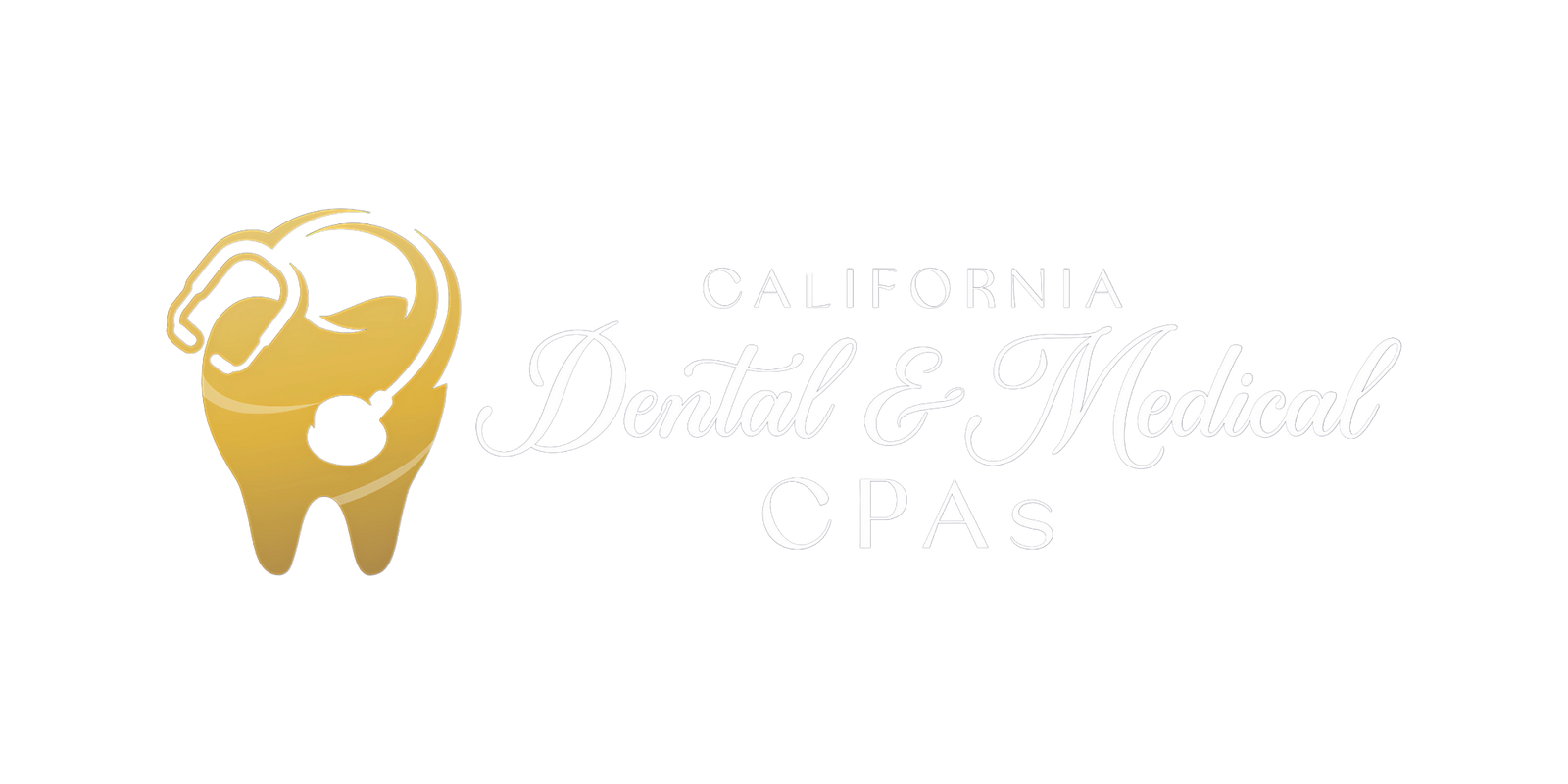Running a medical practice in Newport Beach, CA, involves more than just treating patients. It’s also about managing the finances effectively. Good bookkeeping for medical practices is essential for keeping your practice financially healthy. Without proper accounting, you might find yourself struggling with cash flow, compliance issues, and even losing track of your earnings. In this article, we’ll explore the importance of accounting and bookkeeping specifically for medical practices and how to navigate the unique financial challenges they face.
Key Takeaways
- Accurate bookkeeping is vital for maintaining financial health in medical practices.
- Understanding compliance with regulations like HIPAA is crucial for avoiding legal issues.
- Effective cash flow management can boost the profitability of your practice.
- Regular financial statement reviews help you make informed business decisions.
- Hiring a professional bookkeeper can save you time and reduce financial risks.
Why Accounting & Bookkeeping is Crucial for Medical Practices

Ensuring Financial Health and Stability
Okay, so why is accounting so important for your medical practice? Well, think of it like this: it’s the backbone of your business. Without a solid handle on your finances, things can get messy fast. Good accounting helps you understand where your money is going, where it’s coming from, and how to make sure there’s more coming in than going out. It’s not just about paying the bills; it’s about building a financially healthy practice that can weather any storm. For example, CA Dental & Medical CPA offers customized accounting and tax solutions for medical practices of all sizes.
Navigating Compliance & Regulations (Including HIPAA)
Healthcare is a heavily regulated industry, and that means a lot of rules and regulations to follow. HIPAA is just the tip of the iceberg. Keeping up with all the changes can feel like a full-time job. Proper bookkeeping helps you stay compliant, avoid penalties, and keep your practice running smoothly. It’s about more than just avoiding fines; it’s about protecting your patients’ information and maintaining their trust.
Boosting Cash Flow and Profitability
Let’s be honest: you’re in business to make money. Good accounting isn’t just about tracking expenses; it’s about finding ways to improve your bottom line. By carefully monitoring your cash flow, identifying areas where you can cut costs, and making smart financial decisions, you can boost your profitability and grow your practice. Effective dental accounting is essential for maximizing profits in dental practices. It’s about making your money work for you, not the other way around.
Having a trusted accounting partner to help keep track of account balances and payment discrepancies in medical billing and vendor invoicing provides an extra layer of financial peace of mind in your day-to-day operations.
Fundamentals of Medical Practice Bookkeeping

Accurate Transaction Recording & Management
Keeping precise records of every financial transaction is the bedrock of sound bookkeeping. This means meticulously documenting income, expenses, and investments. For example, each payment received from insurance companies or patients needs to be recorded with the date, amount, and service provided. Similarly, every expense, from rent to medical supplies, should be tracked. This detailed record-keeping allows for a clear view of your practice’s financial health.
Tracking Accounts Receivable (AR) and Payable (AP)
Managing Accounts Receivable (AR) and Accounts Payable (AP) is vital for maintaining a healthy cash flow. AR represents the money owed to your practice by patients and insurers, while AP is the money your practice owes to suppliers and vendors. Efficiently tracking AR involves monitoring outstanding invoices, following up on overdue payments, and accurately recording payments received. For example, you might use aging reports to identify invoices that are past due and prioritize collection efforts. On the AP side, it’s about ensuring timely payments to maintain good relationships with suppliers and avoid late fees. For example, you can use QuickBooks support to help with this.
Generating and Reviewing Financial Statements
Regularly generating and reviewing financial statements provides a snapshot of your practice’s financial performance. These statements include:
- Income Statement (Profit and Loss): Shows your revenue, expenses, and net income over a period.
- Balance Sheet: Presents a summary of your assets, liabilities, and equity at a specific point in time.
- Cash Flow Statement: Tracks the movement of cash both into and out of your practice.
Reviewing these statements regularly helps you identify trends, assess profitability, and make informed decisions about your practice’s future. For instance, a rising trend in expenses might prompt you to investigate areas where you can cut costs. Understanding medical practice accounting is key to interpreting these statements effectively.
Effective Revenue Cycle Management (RCM) is also important. It’s not just about billing; it’s about optimizing the entire process from patient registration to final payment. This includes verifying insurance eligibility, accurately coding services, submitting claims promptly, and following up on denials. For example, using specialized software for dental practices can automate many of these tasks and reduce errors. Proper RCM directly impacts your cash flow and profitability.
Essential Bookkeeping Best Practices

Leveraging Technology and Automation
Using technology can really change how you handle your bookkeeping. Instead of doing everything by hand, think about using software to automate tasks. This not only saves time but also reduces the chance of errors. For example, you could use cloud-based accounting systems that automatically update financial data and generate reports. This way, you can focus more on patient care and less on paperwork.
Implementing Effective Revenue Cycle Management (RCM)
Effective RCM is super important for medical practices. It’s all about making sure you get paid correctly and on time for the services you provide. This involves things like verifying insurance, submitting claims accurately, and following up on unpaid bills. A good RCM system can help you reduce claim denials and improve your cash flow. Think of it as a way to streamline the entire billing process, from when a patient makes an appointment to when you receive payment.
Reconciling Bank Accounts and Statements Regularly
Reconciling your bank accounts and statements regularly is a must. It’s basically comparing your internal records with what the bank says to make sure everything matches up. This helps you catch any errors or fraudulent activity early on.
It’s a good idea to do this at least once a month. This way, you can keep a close eye on your finances and make sure everything is in order. It also makes preparing your taxes easier at the end of the year.
Here’s a simple checklist to follow:
- Gather all bank statements.
- Compare each transaction to your records.
- Investigate and resolve any discrepancies.
Specific Financial Challenges for Medical Practices
Complexity of Medical Billing and Coding
Medical billing and coding can feel like deciphering a whole other language. It’s not just about sending invoices; it’s about using the right codes for procedures, diagnoses, and treatments so you get paid correctly. One wrong digit, and your claim could be denied. This is why many practices find themselves needing to hire certified coders or outsource their billing to specialists. It’s a real headache, but getting it right is essential for your revenue stream. For example, changes in medical accounting tips can significantly impact revenue if not properly understood and implemented.
Managing High Overhead Costs and Expense Tracking
Running a medical practice means dealing with significant overhead. Rent, utilities, staff salaries, insurance, and equipment costs all add up quickly. Keeping a close eye on these expenses and finding ways to cut costs without sacrificing patient care is a constant balancing act. Effective expense tracking is not just about knowing where your money is going; it’s about identifying opportunities to improve efficiency and profitability.
Here are some common overhead costs:
- Rent/Mortgage
- Salaries and Benefits
- Medical Supplies
- Insurance
It’s easy to let expenses creep up over time, so regular reviews are a must. Look for areas where you can negotiate better rates with suppliers, reduce energy consumption, or streamline administrative processes. Every little bit helps!
Compliance (e.g., HIPAA, Tax Regulations)
Compliance with healthcare regulations is a big deal, and it’s not something you can afford to ignore. HIPAA, tax laws, and other regulations are constantly changing, and keeping up can feel like a full-time job. Failure to comply can result in hefty fines and legal trouble. You need to make sure your practice is following all the rules when it comes to patient privacy, data security, and financial reporting. A Dental CPA can help ensure you’re on the right track.
The Benefits of Professional Expertise (Finding a Trusted Bookkeeper for Medical Practice)

Running a medical practice demands your full attention. Juggling patient care with the complexities of financial management can be overwhelming. That’s where a professional bookkeeper specializing in medical practices comes in. They bring industry-specific knowledge and skills to the table, freeing you to focus on what matters most: your patients.
Saving Time and Focusing on Patient Care
Time is a precious commodity, especially in the medical field. Outsourcing your bookkeeping to a professional allows you to reclaim valuable hours spent on administrative tasks. This means more time dedicated to patient consultations, treatment planning, and overall practice growth. Instead of wrestling with spreadsheets and invoices, you can concentrate on delivering the best possible care to your patients. Think of it as investing in your practice’s most valuable asset: your expertise.
Ensuring Accuracy and Reducing Risk
Medical practice finances are subject to strict regulations and compliance requirements. A professional bookkeeper understands these intricacies and can help you avoid costly errors. They’ll ensure your financial records are accurate, up-to-date, and compliant with all applicable laws. This reduces the risk of audits, penalties, and other financial setbacks. Plus, they can offer medical accounting tips to help you save money.
Having a bookkeeper who knows the ins and outs of medical billing, coding, and insurance reimbursements is a game-changer. They can spot potential issues before they become major problems, giving you peace of mind and protecting your practice’s financial health.
Here’s a quick look at how a professional bookkeeper can help:
- Minimize errors in financial reporting.
- Ensure compliance with healthcare regulations.
- Identify potential tax savings opportunities.
- Provide accurate and timely financial data for decision-making.
Choosing expert accountants for medical practices Newport Beach is a smart move. They understand the local regulatory landscape and economic factors, offering relevant and effective advice. They can also help you understand business expenses and how to properly account for them.
Hiring a skilled bookkeeper for your medical practice can make a big difference. They help you keep track of your finances, save time, and ensure everything is done correctly. This way, you can focus on taking care of your patients instead of worrying about numbers. If you want to learn more about how a trusted bookkeeper can help your practice, visit our website today!
Final Thoughts
In the end, managing the finances of a medical practice in Newport Beach doesn’t have to be a headache. With the right accounting and bookkeeping support, you can focus more on your patients and less on the numbers. Local experts understand the unique challenges you face and can help you navigate them smoothly. So, if you haven’t already, consider reaching out to a specialized accounting firm. They can help you streamline your financial processes and ensure your practice remains healthy and thriving. Don’t wait—get the help you need today!
Frequently Asked Questions
Why is accounting important for medical practices?
Accounting helps medical practices keep track of their money, ensuring they are financially healthy and can pay their bills.
What are the main tasks in medical bookkeeping?
Medical bookkeeping includes recording transactions, managing money that is owed to the practice, and keeping an eye on bills that need to be paid.
How can technology help with bookkeeping?
Using software can make bookkeeping easier by automating tasks like tracking expenses and generating reports.
What challenges do medical practices face with billing?
Medical billing can be complicated due to insurance rules and coding, which can lead to mistakes if not handled correctly.
How do I know if my practice is making money?
You can check this by regularly reviewing financial statements, which show how much money is coming in and going out.
Why should I hire a professional bookkeeper?
A professional bookkeeper can save you time and help avoid mistakes, allowing you to focus on taking care of your patients.
What is revenue cycle management?
Revenue cycle management is the process of managing the money flow in a medical practice, from when a patient makes an appointment to when the bill is paid.
How often should I review my financial statements?
It’s a good idea to review your financial statements monthly to keep track of your practice’s financial health and make informed decisions.






